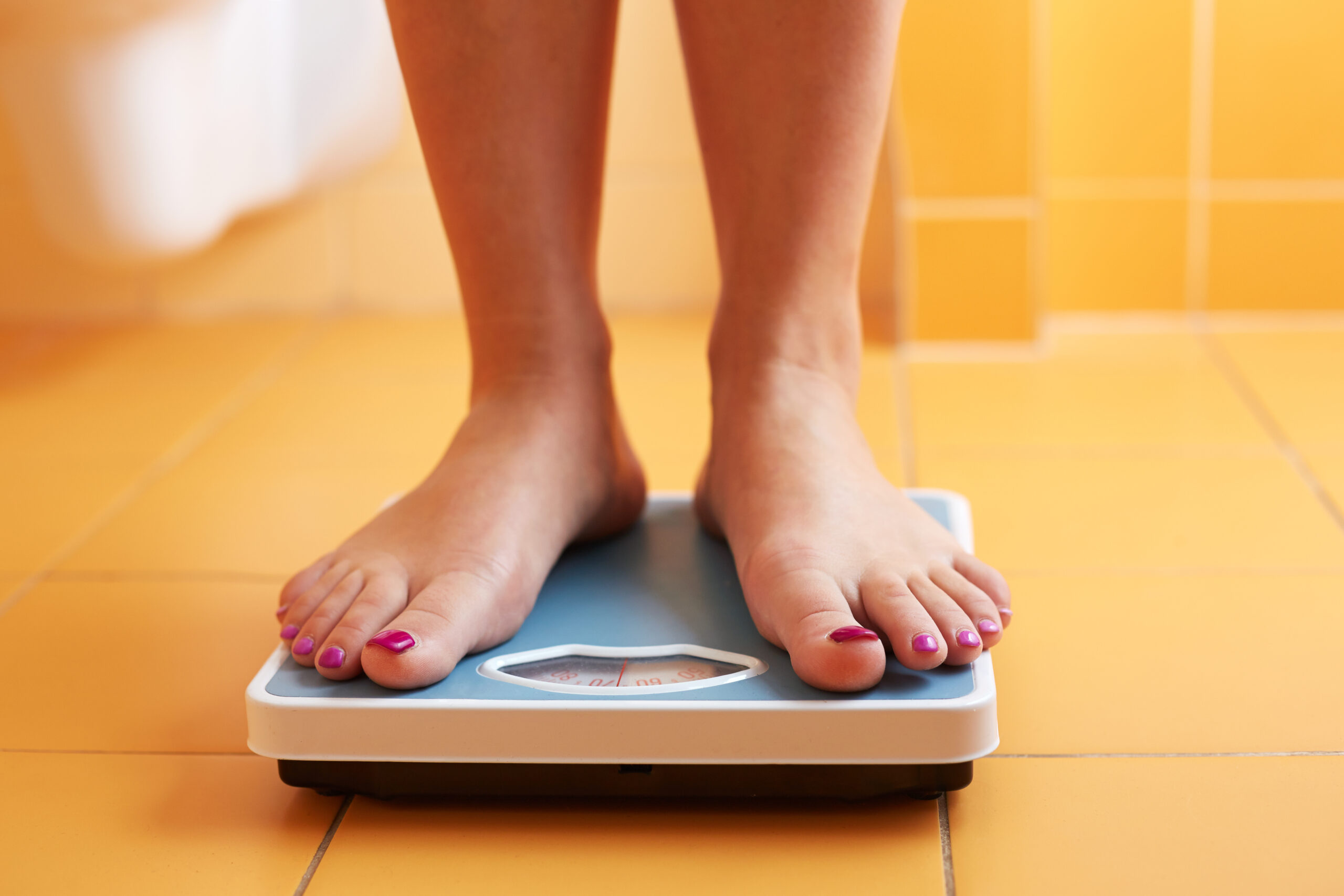It’s fun to go get drinks with friends every once in a while and that big glass of wine on Friday night can be comforting after a long week of work, but alcohol can really sabotage your weight loss efforts. If you’re already focused on a healthy diet and regular exercise, but those stubborn pounds just won’t come off, here are five ways ditching the alcohol can help you reach your weight loss goals.
1. You’ll eat fewer high-calorie foods.
You’re out with friends at a bar and you order a few drinks, but sooner or later, you’re also feeling a little snacky. We’ve all been there before. Unfortunately, the only edible bites at most bars are high-fat, salty, and carby things like french fries, buffalo wings, or mozzarella sticks, which leave much to be desired in terms of nutrition.
If you find yourself falling victim to the “drunchies” more often than not, there’s a scientific reason for that. A study published in Nature explains that your brain, while under the influence of alcohol, is essentially tricked into believing that it’s starving. This means you’ll reach for anything and everything to satisfy your cravings while you’re drunk. Another study published in the journalAppetiteeven found that moderate drinkers are 24 percent more likely to order a high-fat savory bite with their drink.
Ditching the alcohol entirely can greatly reduce your cravings for unhealthy foods and help you stay on track by making healthier food choices when you’re sober.
2. You’ll drink fewer empty calories.
It’s no surprise that alcoholic beverages contain a lot of calories! Unfortunately, they also contain about zero nutrients, which is why they are often referred to as “empty calories.”
According to the U.S. National Library of Medicine, going out for drinks can add 500 calories or more to your daily caloric intake, and cocktails mixed with juice, soda, cream, and ice cream are the worst offenders.
Instead of opting for a gin and tonic (170 calories), beer, (170 to 350 calories), or a margarita (168 calories), just a grab seltzer water. Or better yet, meet at a coffee shop instead.
3. You’ll have more energy and stamina for your workouts.
Consistent alcohol consumption can cause dehydration, decrease your sleep quality, and deplete your body of the necessary vitamins and minerals it needs by blocking the absorption of nutrients to the parts of the body that need them most. Alcohol also slows your body functions and reduces physical activity, which is one of the worst things that can happen for your weight loss journey.
Since staying active is critical to your overall health, limiting your alcohol consumption or eliminating it entirely will naturally result in more energy and stamina for your workouts.
4. You’ll be less likely to skip the gym.
Let’s face it: those hangovers aren’t doing you any favors. It’s extremely difficult to get up and get motivated to go to the gym after a night of drinking when all you want to do is stay in your jammies all day and lay around.
Instead of spending your days recovering from theafter-effects of alcohol, go to bed sober and wake up feeling refreshed, energized, and ready to take on your day. The single act of avoiding alcohol can make a huge difference in your energy levels and sleep quality, empowering you to focus on your health and fitness.
5. You’ll save your metabolism (and liver) from ruin.
Alcohol and your liver don’t mix well. While the liver’s primary role is to filter unknown substances from your body (such as alcohol), it also plays an important role in the way your body metabolizes fats, carbohydrates, and proteins. If you consume excess amounts of alcohol for a long time, you can get something called “alcoholic fatty liver disease,” which affects the way your body stores and metabolizes carbs and fats.
Alcoholic fatty liver can also cause tiredness, discomfort, or pain in the upper right side of your abdomen, and severe medical complications like liver scarring or cirrhosis, which can be life-threatening.
When it’s all said and done, the health and lifestyle benefits of ditching alcohol likely far outweigh any comfort you receive from going out drinking with friends or relaxing with some wine after a busy work week. If you’re struggling to find alternative ways to cope or you can’t seem to stop drinking alcohol, you may want to take it up with your doctor, as you could be experiencing some underlying issues, such as anxiety or an alcohol use disorder.




